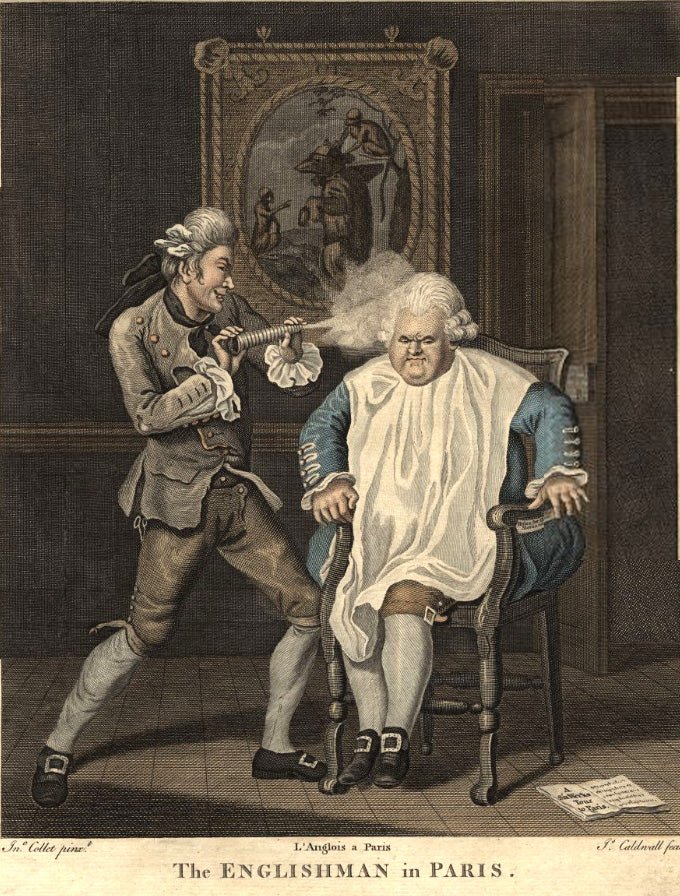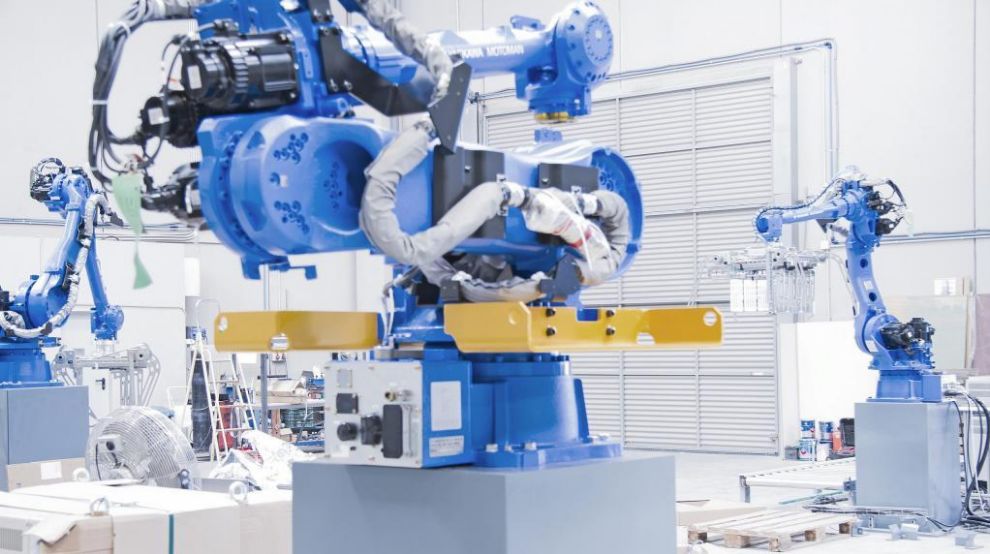The Evolution of the Hair Prosthesis Industry: Empowerment and Affordability
The transformation in the hair prosthesis industry reflects a significant shift in how companies address the needs of their customers. In contrast to the previous focus of high-priced companies with little attention to education, new companies are putting their efforts into providing more affordable options and equipping users with the skills needed to independently manage and maintain their prostheses. This evolution has a profound impact on the user experience and long-term costs.
Old Hair Prosthesis Companies:
For a long time, hair prostheses were considered exclusive and expensive products. However, this approach often left customers with limited knowledge about the proper care and maintenance of their prostheses. This resulted in additional expenses due to frequent repairs rather than replacing the entire piece. Issues associated with this old model included:
Lack of Training: Users lacked information on how to maintain and care for their prostheses, resulting in unforeseen expenses and dependence on companies for maintenance tasks.
Constant Dependence: The lack of training led to ongoing dependence on companies for adjustments, repairs, and other services.
Sustained High Costs: In addition to the high initial costs of prostheses, customers had to bear unforeseen expenses due to the lack of training.
New Hair Prosthesis Companies:
The current landscape shows a radical shift in how new companies approach the manufacturing and distribution of hair prostheses. These companies strive to offer more affordable solutions while ensuring that users are empowered to perform maintenance on their own. Key benefits of this new approach include:
Comprehensive Training: New companies are committed to providing users with comprehensive training on caring, cleaning, and adjusting their prostheses, resulting in long-term savings.
Autonomy: Users now have the confidence and skills to handle basic maintenance, even while traveling, reducing the need for professional services and additional expenses.
Long-Term Cost Reduction: By investing in training and remote assistance, new companies allow customers to significantly reduce costs related to hair prosthesis care.
Access to Quality Products: High-quality hair prostheses are more accessible to a broader range of people, democratizing hair restoration solutions.
Conclusion:
The evolution in the hair prosthesis industry, from an expensive and poorly informed approach to a model focused on customer education and empowerment, reflects a positive change in how companies engage with their users. User knowledge and independence in caring for and maintaining their hair prostheses not only reduce costs but also strengthen their confidence and control over their appearance and well-being. This transformation is a step toward a more inclusive and sustainable industry, focused on providing effective and affordable solutions for those facing hair loss.



Leave a comment
This site is protected by hCaptcha and the hCaptcha Privacy Policy and Terms of Service apply.